The importance of preschool education is to serve as a vital learning curve to help children, and prepare them to embark on the academic years ahead. The journey in preschool determines the kind of learners they become in elementary school.
Table of Content
- Highlighting the Benefits of Preschool Education
- Is Preschool Compulsory in Singapore?
- How Important is Preschool Education?
- Factors to consider when choosing a preschool
- How to Choose a Good Preschool
- Conclusion- Importance of Preschool Education
Highlighting the Benefits of Preschool Education
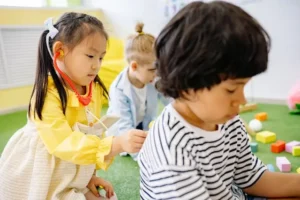
Trains juniors to learn
Preschool education is delivered through fun activities that allow children to form positive associations with learning.
Imagine your child starting school straight away in a rigorous academic environment that doesn’t promote early learning; it will undoubtedly be a turn-off. Thus, preschool ensures that learning is a fascinating and fun process.
Guide to building social skills
Preschool will be the first experience a child will have away from their comfortable people- family members. They spend time with peers and other adults- and learn to cooperate, make friends, build relationships and improve conversational skills.
Build emotional skills
When children interact and spend time with their peers, there will be moments of conflict, anger, disagreement, and so on; that will provide them with “learning moments.” Qualified preschool teachers will assist them in understanding the emotion they are experiencing and will teach them how to deal with the situation appropriately.
Encouraging positive behaviour in children at a young age can help them grow into better people.
Upgrades literacy skills
As mentioned above, the students learn various things through different activities, which helps them gain pre-literacy skills. Whether it be learning the alphabet through a nursery song or learning numbers by counting the blocks- they know it all! Preschool education does not teach them academics, for example- Maths, until they are ready. But- they become the stepping stone to understanding the subject by exposing them to numbers. Hence, when they begin maths in primary one academics, children are aware of the core element used to form this subject- the numerical!
Nurtures their thinking routines and enhances creativity
Children are intellectually curious by nature, always wanting to figure out and learn more. And, they also have very active minds.
Therefore, in order to foster creativity, preschool programs encourage children to use and develop their active imaginations. That aside, we also believe that kids should feel free to ask questions and share their ideas.
Learn decision-making and independence
The kids’ decision-making abilities are improved because they frequently have to make decisions for themselves; while interacting with their peers, such as choosing a partner to play with, volunteering in class, or participating in annual preschool important events.
In addition, teachers highlight the significance of taking care of themselves and teach students responsibilities. For example:
– wash their hands on their own
– Keep their shoes in the designated spot
– Looking after their belongings
Improves language skills
For some, it will be learning a new language, and for some, it will be improving their mother tongue- either way, children learn to improve their language skills in a language-rich environment.
Teachers constantly introduce new vocabulary, encourage students to speak in that language, make them learn the spellings, and much more- that help the toddlers remember the word.
Is Preschool Compulsory in Singapore?

Indeed, this is a constantly rising question in today’s time. In Singapore, the official age for primary school is seven (7) years old. However, it is not necessary to record preschool and kindergarten attendance before beginning elementary school. Thus, No, it is not compulsory to attend preschool.
However, due to Singapore’s strict educational standards and the nation’s desire to maintain a high level of educated citizens, the government advises parents not to compromise on their children’s education. As a result, they are being asked to follow the educational system’s hierarchy by enlisting in the foundation—the preschool.
There are far more pros of preschool than its cons, in fact. Because of this, the Singaporean government funds kindergarten programs through the Ministry of Education so that everyone—rich and poor—can attend. Therefore, even though Singapore does not make preschool compulsory for children, it is not advisable to forego the foundational academic levels.
The Singaporean educational system states that children can begin preschool between the ages of two and four and continue in kindergarten until they are six. However, they must begin primary school after the seventh year- it is compulsory!
Furthermore, toddlers are excellent at imitating their parents-If you have one, you would know! Plus, they quickly begin to adopt their behavioural patterns.
Hence, indeed, it’s a crucial phase because now is the time to give them the ideal alignment.
Although a child learns a lot at home, it is practical to learn about the outside world from a qualified preschool teacher or caregiver. In order to benefit the most from it.
The best way to mould your child is with parental guidance and high-quality early education. By skipping this step, you might make it difficult for your child to start school.
The sophisticated educational system in Singapore provides a selection of preschool curriculum content.
For instance, the government-run preschool in Singapore offers two essential programs, such as;
The HI-Light programme specialises in developing six key areas:
- Aesthetics and creative expression
- Discovery of the World
- Language and Literacy
- Motor Skills
- Numeracy and Social Development
- Emotional Development
This programme mainly focuses on the following:
- Developing Language skills in English
- Improving the child’s mother tongue, whether it be Mandarin, Tamil, etc.
In addition, there are many privately owned preschools. They are not required to adhere to these syllabuses. And are free to develop their own that best serves their objectives.
Benjamin Franklin once said, “an investment in education gives the best returns.”
How Important is Preschool Education?
Its name implies that the child has prior school experience before beginning formal academic lessons.
Perhaps it is an all-encompassing experience run by qualified preschool educational experts. The development a child experiences during these formative years lays a lifelong foundation. Additionally, it is the first time they are in a structured environment, which enables them to learn the value of learning new things and sharing.
Toddlers must receive this exposure in order; to get ready for the upcoming academic years. Quality early education addresses all of these challenges– whether it be; boosting self-confidence, encouraging symbolic thought, developing cognitive abilities, or enhancing communication abilities.
As a result, nations like Singapore, for instance, take significant steps to ensure that preschool is accessible to all students. Thus, providing students with a valuable opportunity to play, integrate into a diverse community, and discover new things.
The highest form of research, according to Albert Einstein, is playing. Hence, preschoolers take it very seriously. Playing is fun! Your little ones will never be bored of it.
Here’s what you can expect your child to learn in preschool through play activities-
- Sorting
- Counting
- Measuring
- Identifying Shapes
- Cutting
- Drawing
- Painting
- Colour identifications
- Reading
- Writing
- Listening
- Dancing and singing
- Cutting
- Fitting and glueing
- Running
- Exercise
- Outdoor activities
On the other hand, these activities help to enhance fine motor skills, improve communication skills, develop problem-solving and critical thinking skills, and much more. According to a study, students who have completed preschool have higher levels of intellectual readiness and income.
The early preschool framework has five learning outcomes.
Those are;
- Children grow to have a strong sense of their identity.
- The kids participate and feel a sense of connection to what’s going on outside.
- They have a profound understanding of their own well-being.
- Children become more self-assured and engaged learners.
- They develop efficient communication skills.

Factors to consider when choosing a preschool:
- Preschool’s Educational Philosophy and Approach:
- Quality Improvement: Look for a preschool that aligns with your values and educational beliefs. For instance, if you prioritize a play-based learning approach, seek out schools that emphasize hands-on exploration and creativity.
- Example: If you believe in fostering independence, inquire whether the preschool encourages self-directed learning through activities like choosing their activities during free playtime.
- Staff Qualifications and Experience:
- Quality Improvement: Ensure that the staff possesses the necessary qualifications and experience to care for and educate young children effectively.
- Example: Seek preschools where teachers hold degrees or certifications in early childhood education and regularly engage in professional development to stay updated on best practices.
- Curriculum and Activities:
- Quality Improvement: Investigate the preschool’s curriculum to understand the variety of subjects and activities offered.
- Example: A well-rounded curriculum might include not only academic subjects like math and language but also activities such as music, art, and physical education.
- Location and Operating Hours:
- Quality Improvement: Consider convenience and proximity to your home or workplace when selecting a preschool.
- Example: Choose a preschool with operating hours that fit your schedule, ensuring a smooth drop-off and pick-up routine for your child.
- Cost of Preschool:
- Quality Improvement: Weigh the cost against the value and services offered by the preschool.
- Example: While a higher tuition fee might be justified by a strong educational program and well-qualified staff, ensure it aligns with your budget and financial priorities.
Here is our Platform to Find a Preschool for your Child.
How to Choose a Good Preschool:
- Visit and Observe: Schedule a visit to the preschool and take the opportunity to observe the children and staff in action. Pay attention to the interactions, cleanliness, and overall atmosphere.
- Example: If you notice engaged and happy children actively participating in activities, it’s a positive sign of a nurturing environment.
- Engage with Staff: Get to know the preschool’s director and teachers by asking them about their educational philosophy, classroom practices, and experience.
- Example: Ask questions like, “Can you provide an example of a typical day in the classroom?” or “How do you handle behavioral challenges in young children?”
- Review Curriculum and Policies: Carefully review the preschool’s curriculum and policies to understand what they offer and what is expected from parents and children.
- Example: Look for clear policies on communication, discipline, and parental involvement, ensuring they align with your expectations.
- Seek Parent References: Connect with other parents who have sent their children to the preschool to gain firsthand accounts of their experiences.
- Example: Ask questions like, “What do you like most about this preschool?” and “Have you noticed any positive changes in your child’s development since attending?”
Conclusion- Importance of Preschool Education
Children’s rapid learning abilities make early education invaluable, as the benefits gained endure a lifetime. Preschool plays a pivotal role in fostering independence and confidence, facilitating smoother adjustments to major life changes. It complements the values and behaviors you instill in your child by providing them with essential knowledge and skills.
Preschool employs a unique approach, blending playful activities with the development of social, academic, and emotional skills—a holistic method for educating young learners.
Video Credits: Fight4childrenDC
Written by: Maryam
BA Early Childhood Education with Psychology

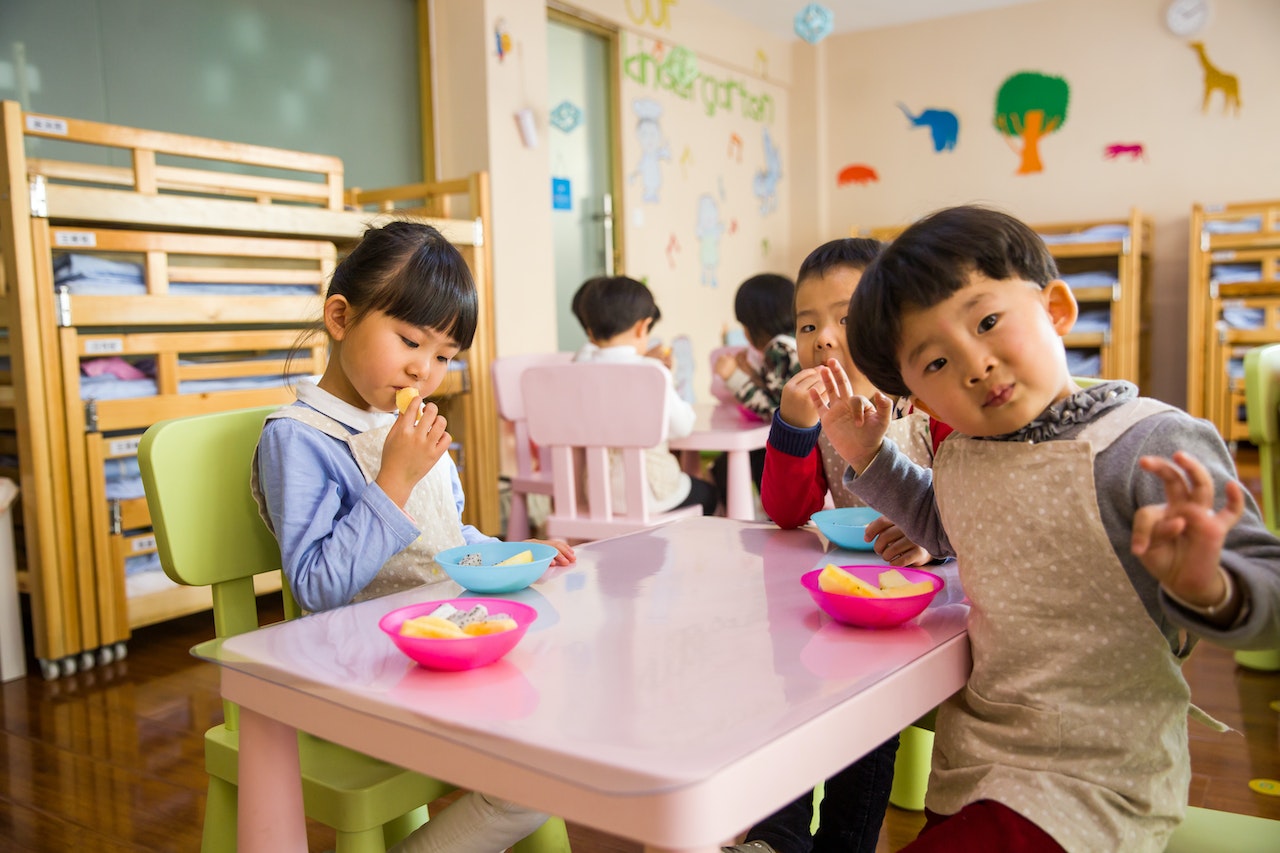
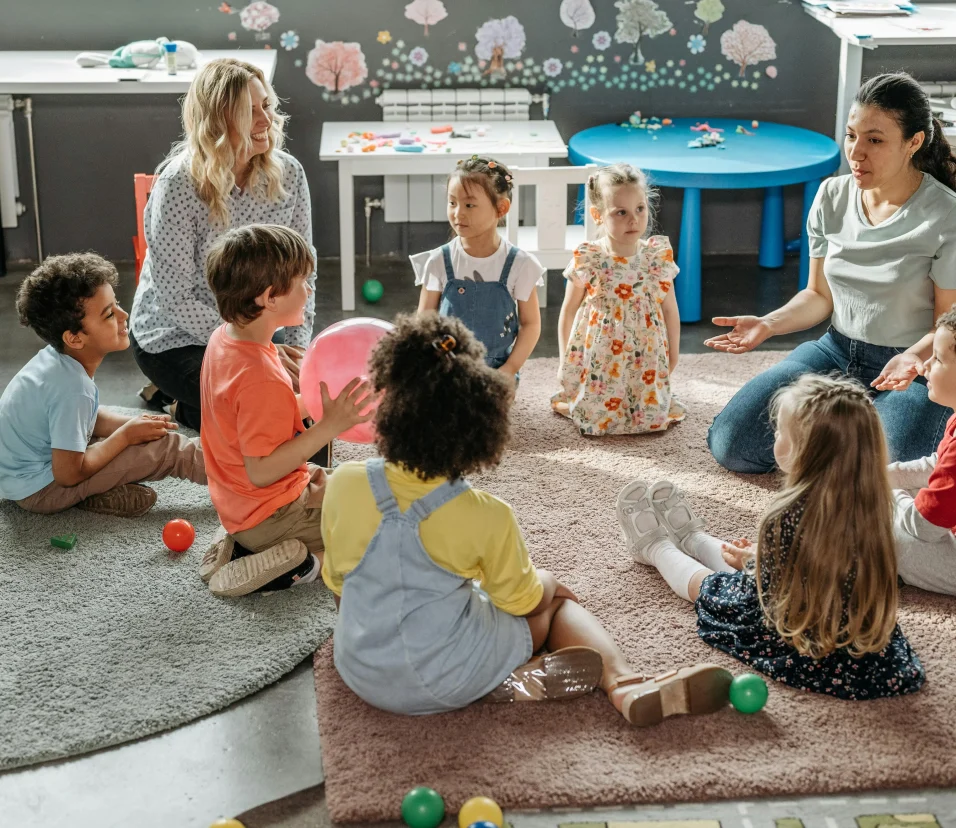

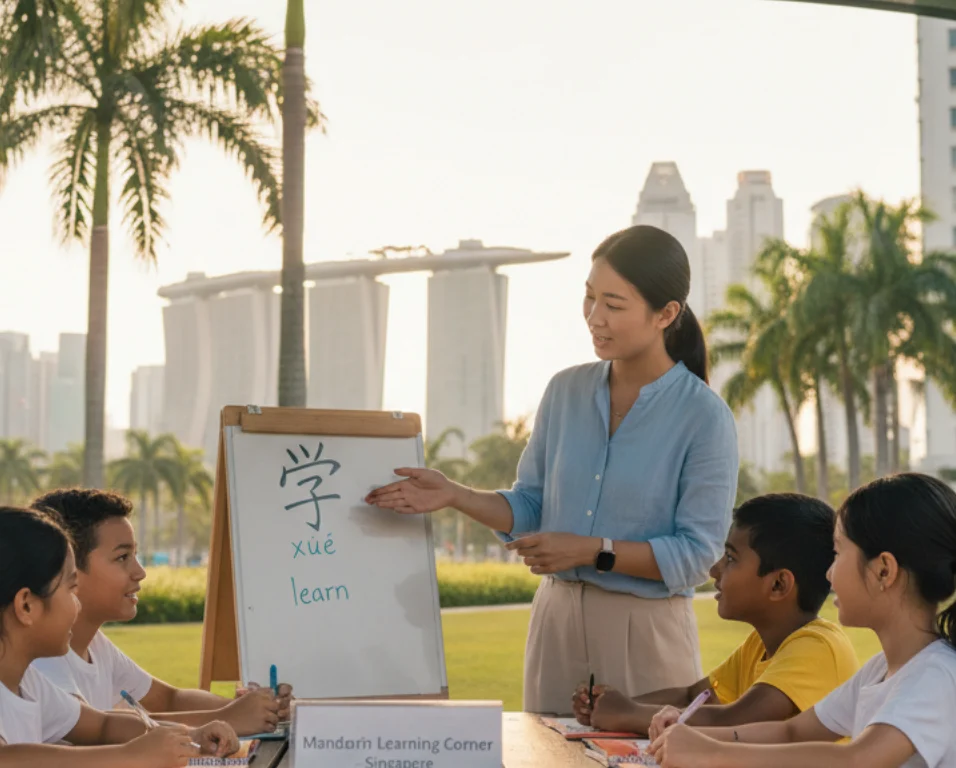
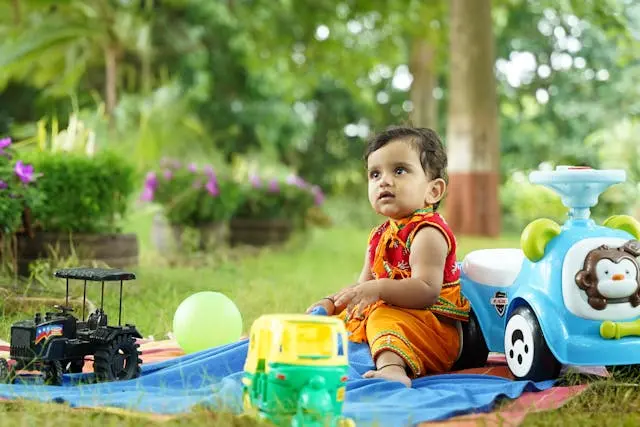




7 Comments